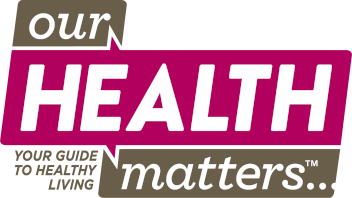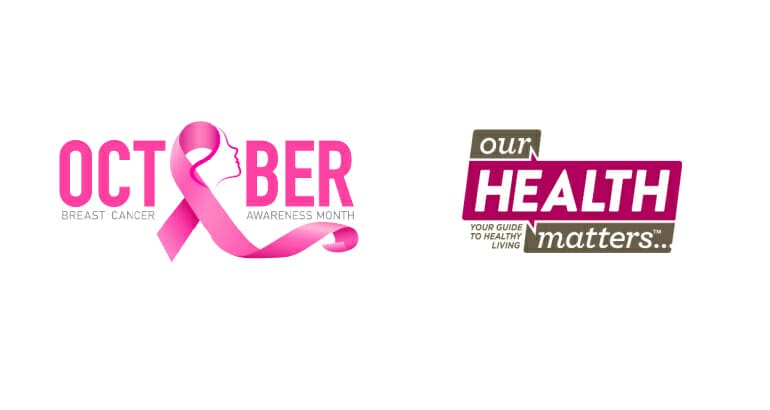Breast cancer is the second most common cancer among women in the United States. Each year about 264,000 women get breast cancer, and 42,000 women die from the disease. Most breast cancers are found in women who are 50 years and older. About 9% of all new cases of breast cancer in the United States are found in women younger than 45 years of age. One thing is clear — early detection saves lives.
Ask your doctor when you should get a mammogram
Mammograms are the best way to detect breast cancer early, when it is easier to treat and before a lump is large enough to feel or cause problems.
Symptoms of breast cancer may include:
- Any change in the size or the shape of the breast
- Pain in any area of the breast
- Nipple discharge other than breast milk (including blood)
- A new lump in the breast or underarm If you have any signs, see your doctor right away.
Risk factors you can change
Not being physically active. Women who are not physically active have a higher risk of getting breast cancer. Being physically active can help lower your risk. Being overweight or having obesity after menopause. Older women with these traits have a higher risk.
Taking hormones. Some forms of hormone replacement therapy (those that include both estrogen and progesterone) taken during menopause can raise the risk for breast cancer when taken for more than five years. Certain oral contraceptives (birth control pills) also have been found to raise breast cancer risk.
Drinking alcohol. Studies show that a woman’s risk for breast cancer increases with the more alcohol she drinks.
According to the National Institutes of Health, other factors such as smoking, exposure to chemicals that can cause cancer, and changes in other hormones due to night shift working also may increase breast cancer risk. Also, having the first pregnancy after age 30, not breastfeeding, and never having a full-term pregnancy can raise breast cancer risk.
Free or low-cost screenings are available
You may be eligible for free or low-cost screenings if you meet certain qualifications:
- You have no insurance, or your insurance does not cover screening exams.
- Your yearly income is at or below 250% of the federal poverty level.
- You are between 40 and 64 years of age (for breast cancer screening.)
- You are between 21 and 64 years of age (for cervical cancer screening.)
- You have a family history of cancer
Contact your local healthcare centers to see if you qualify for free or low-cost mammograms. Visit the National Breast and Cervical Cancer Early Detection Program resource at: www.cdc.gov/cancer/nbccedp/screenings.htm.
Source: Centers for Disease Prevention and Control, CDC.gov


